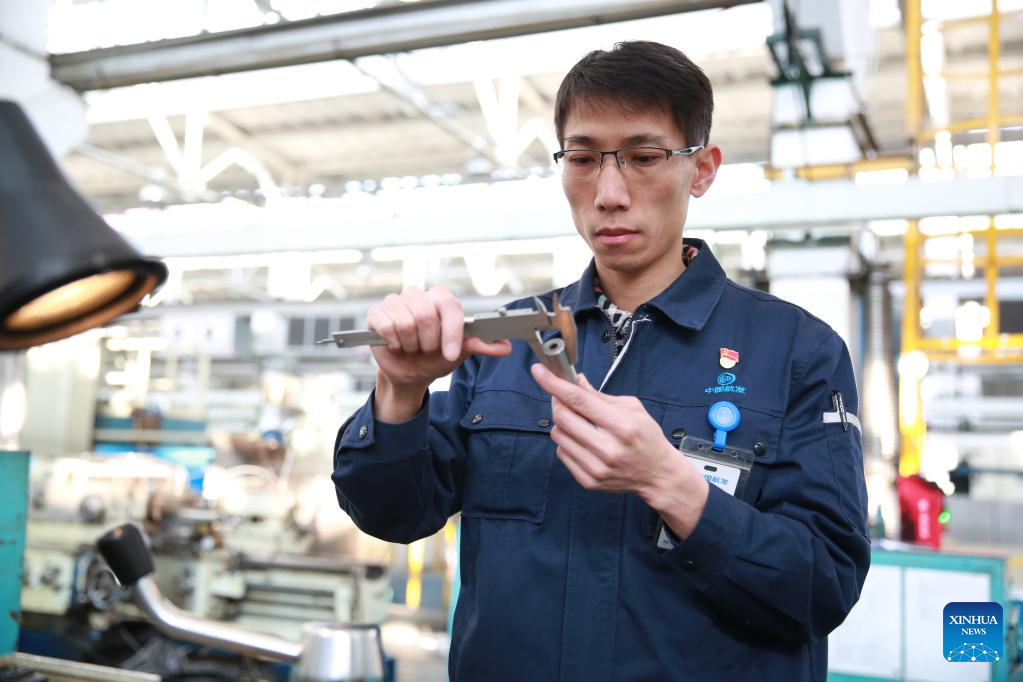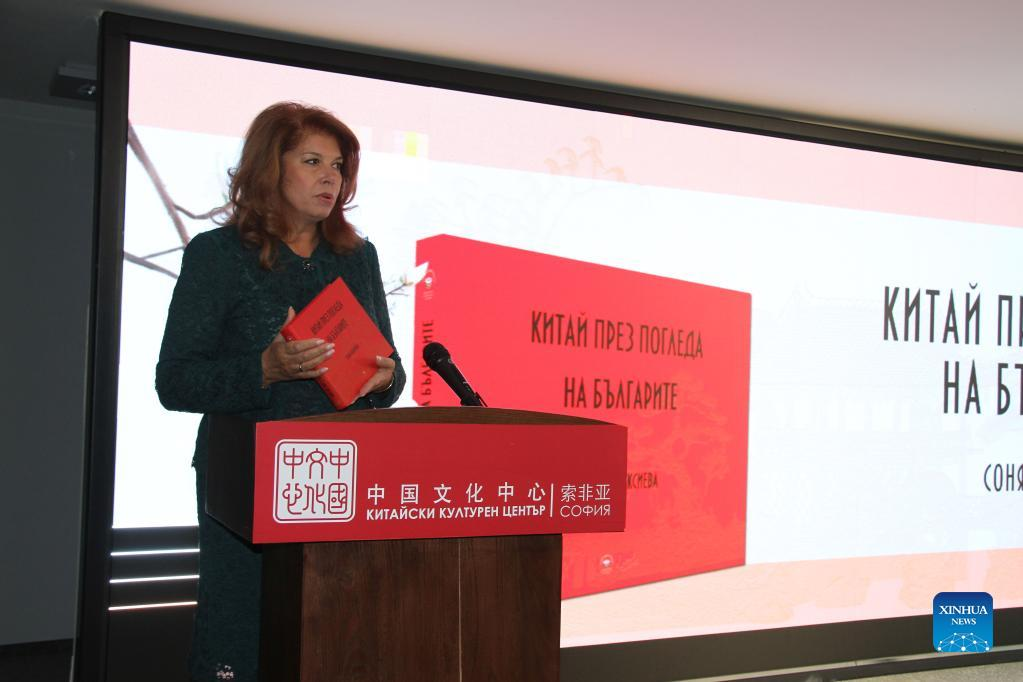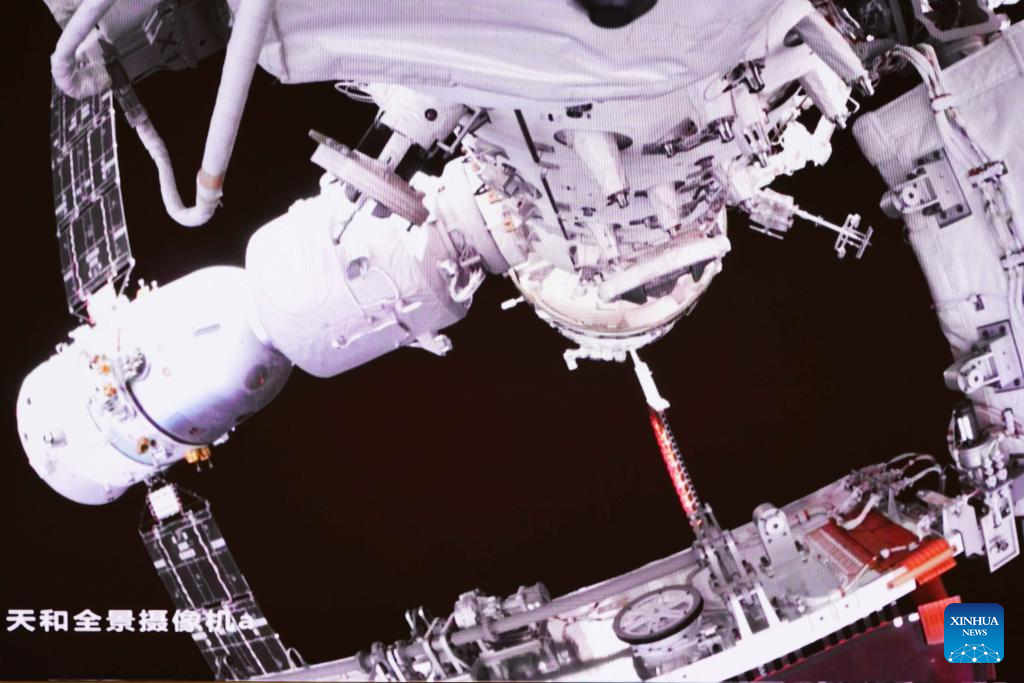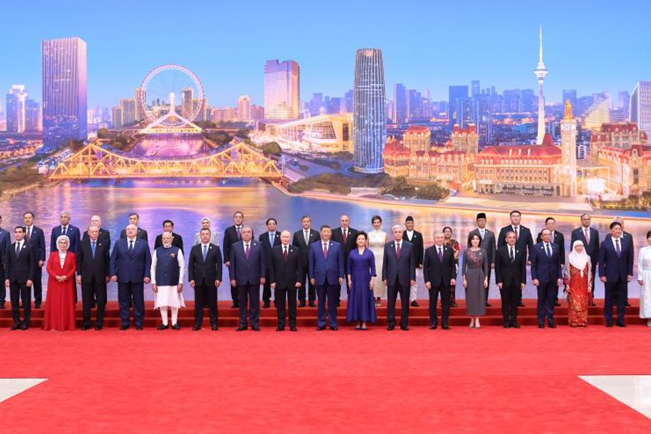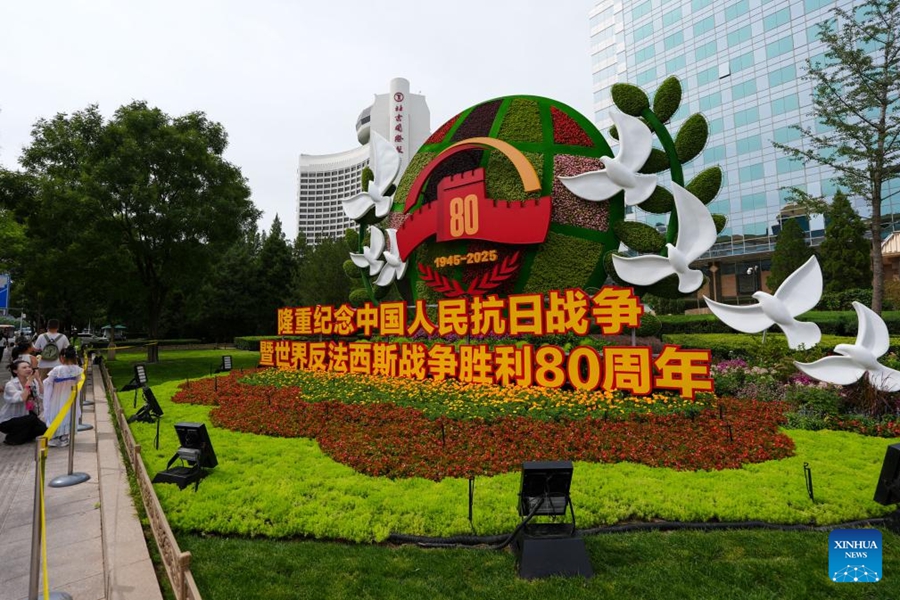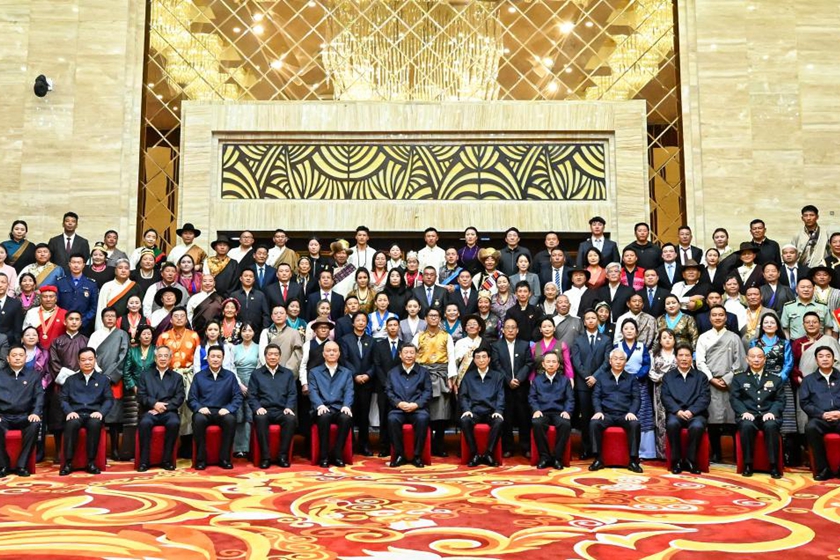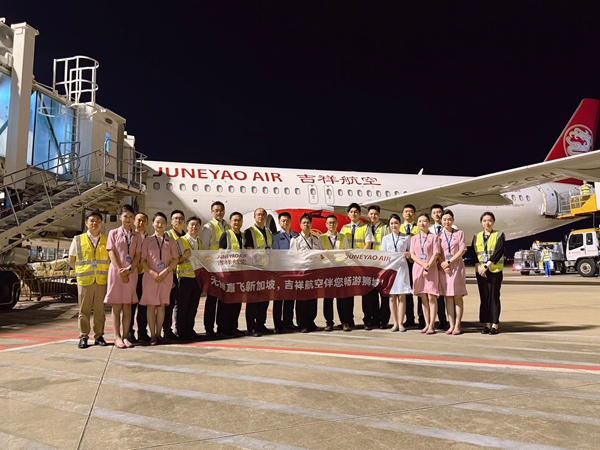
Taicang Port (CFP Photo)
Jiangsu will go all out to promote the digital transformation of ports and strive to be a national pace-setter in this endeavor by 2035, injecting new growth momentum into the rise of a world-class port cluster in the Yangtze River Delta, according to a meeting held in Taicang City.
By the end of the 14th Five-Year Plan period, the province aims to promote application of intelligent technology across key operations at ports which have berths with a cargo capacity of 10,000 tonnes and above. All Jiangsu terminals that are engaged in the handling of dangerous goods will realize digital technology-based management. The integrated modern logistics services are expected to become available at all ports involved in foreign trade.
According to the plan, Jiangsu will give priority to 36 projects for the digital transformation of ports from 2022 to 2025, such as the automated container operations at Lvsi Port and digital transformation at Phase 4 of Taicang Port. By the end of the year, Xinshengwei terminal of Nanjing Port will also complete the construction for automated loading of bulk cargo.
In 2021, the province's total cargo throughput at ports reached 3.21 billion tonnes, accounting for about 20% of the country's total.
Taicang Port is the first port along the Yangtze River in Jiangsu to realize the fully automated container operation, which reduces the number of operation personnel by more than half and also go paperless throughout the entire process.
Jiangsu is also supporting commerce, customs, maritime and other port-related departments to embrace information technology, go paperless, and provide coordinated and streamlined online services.





